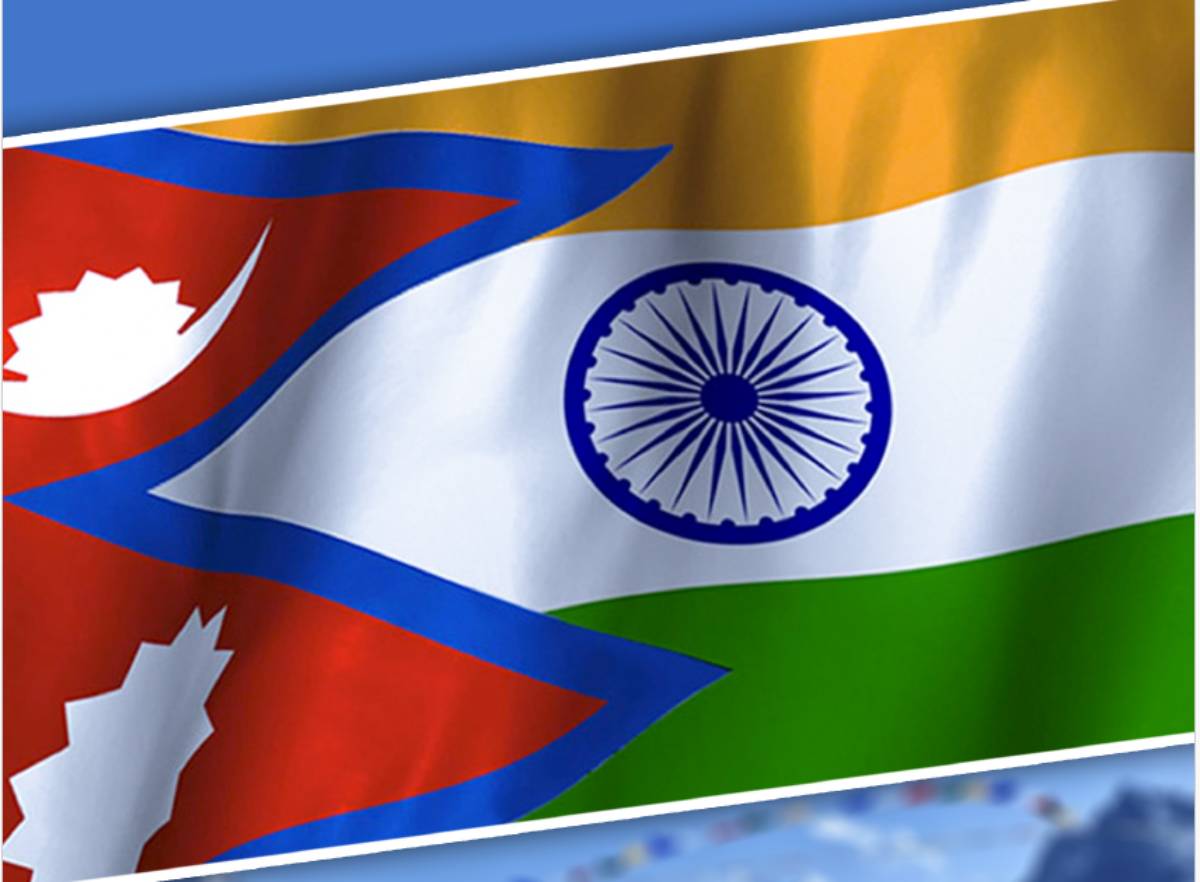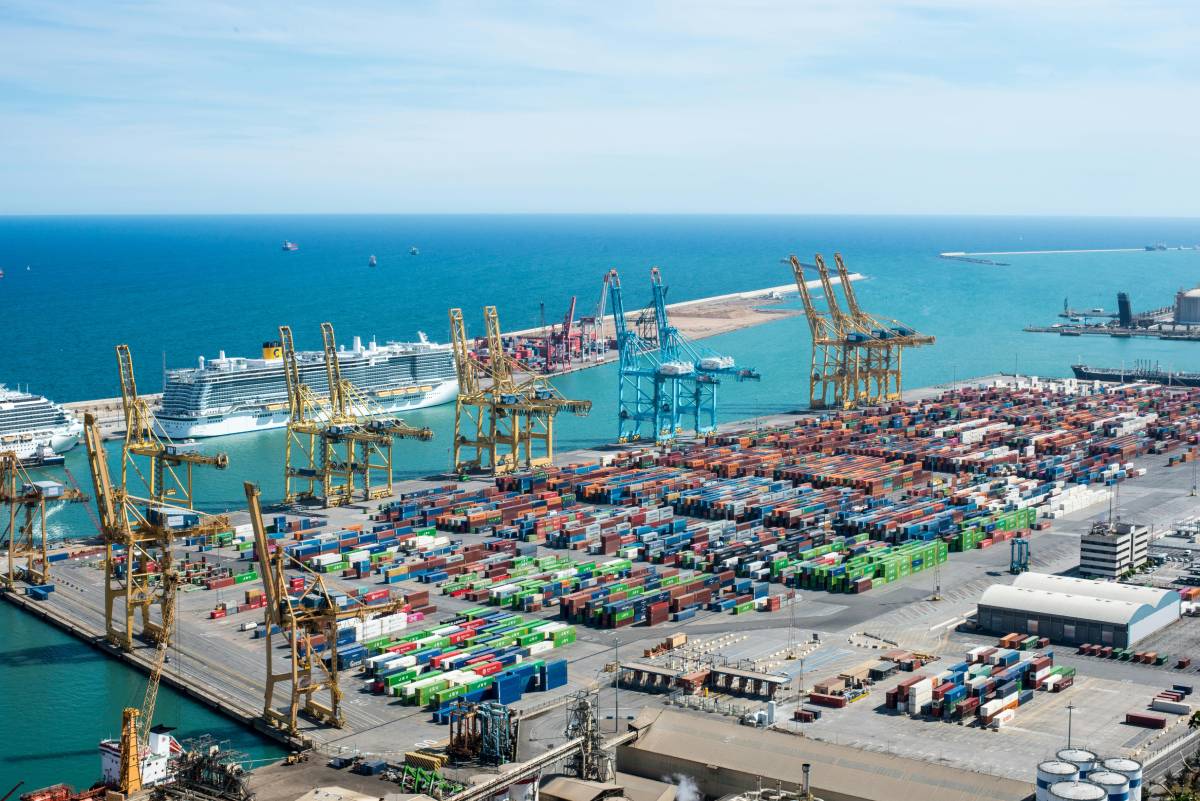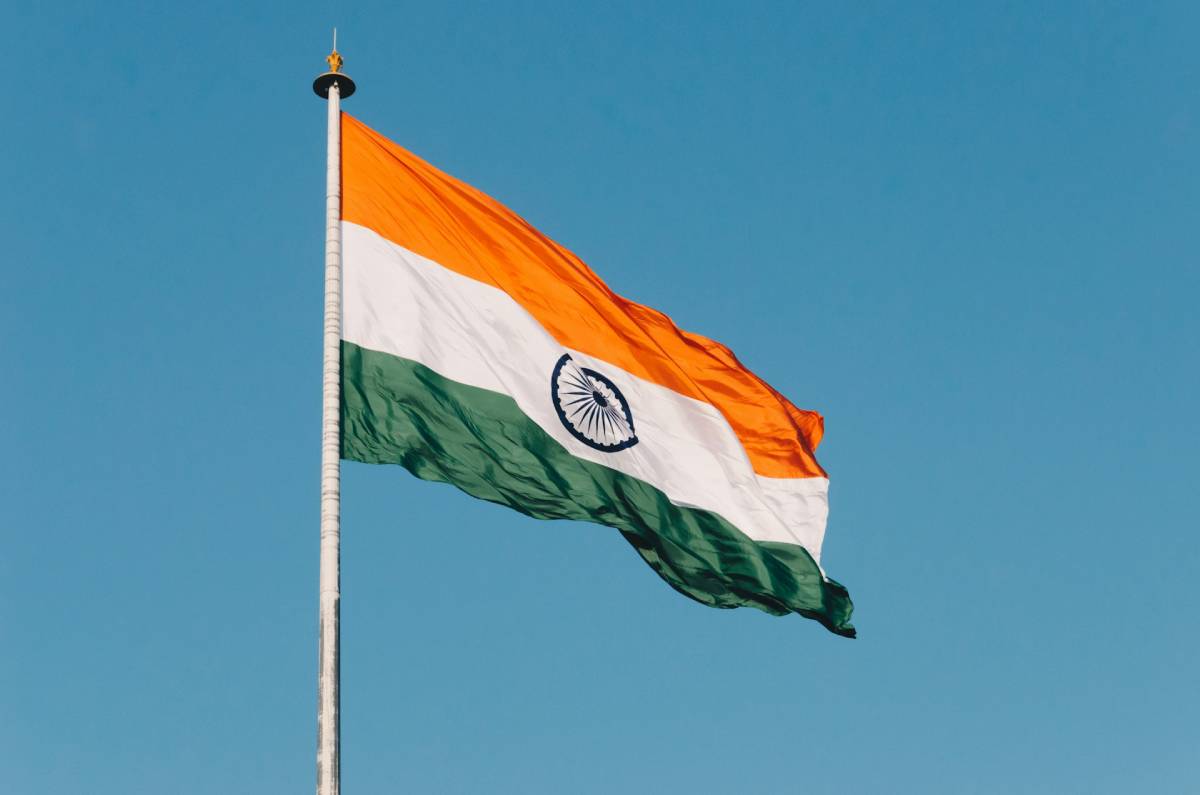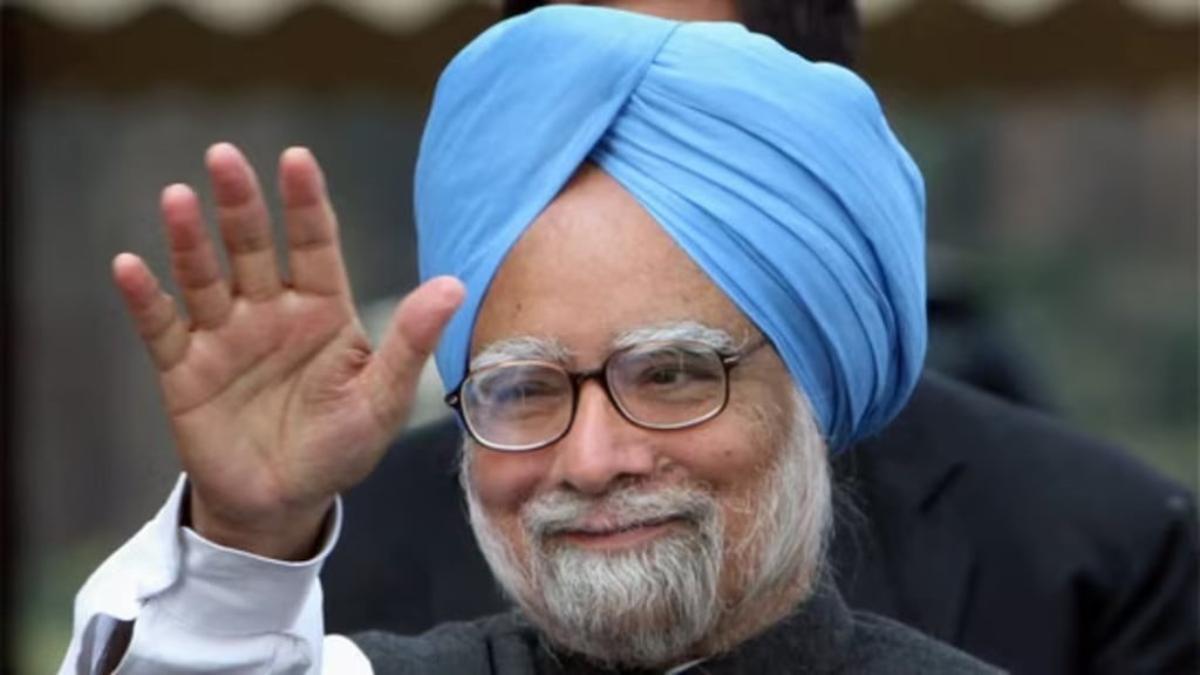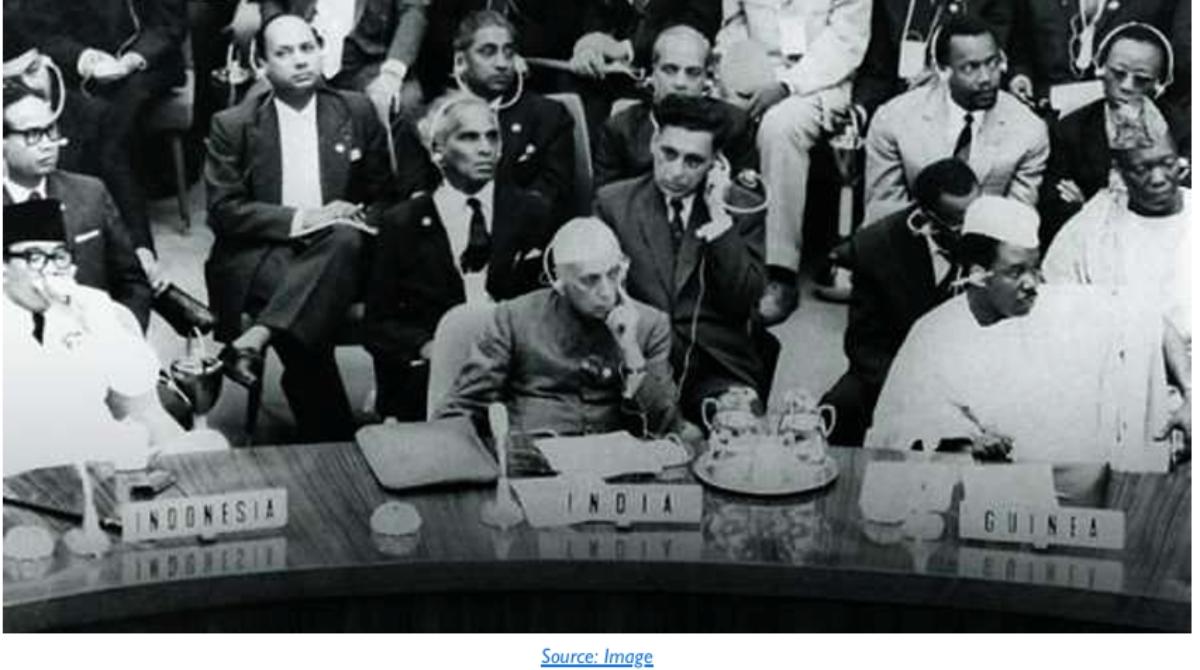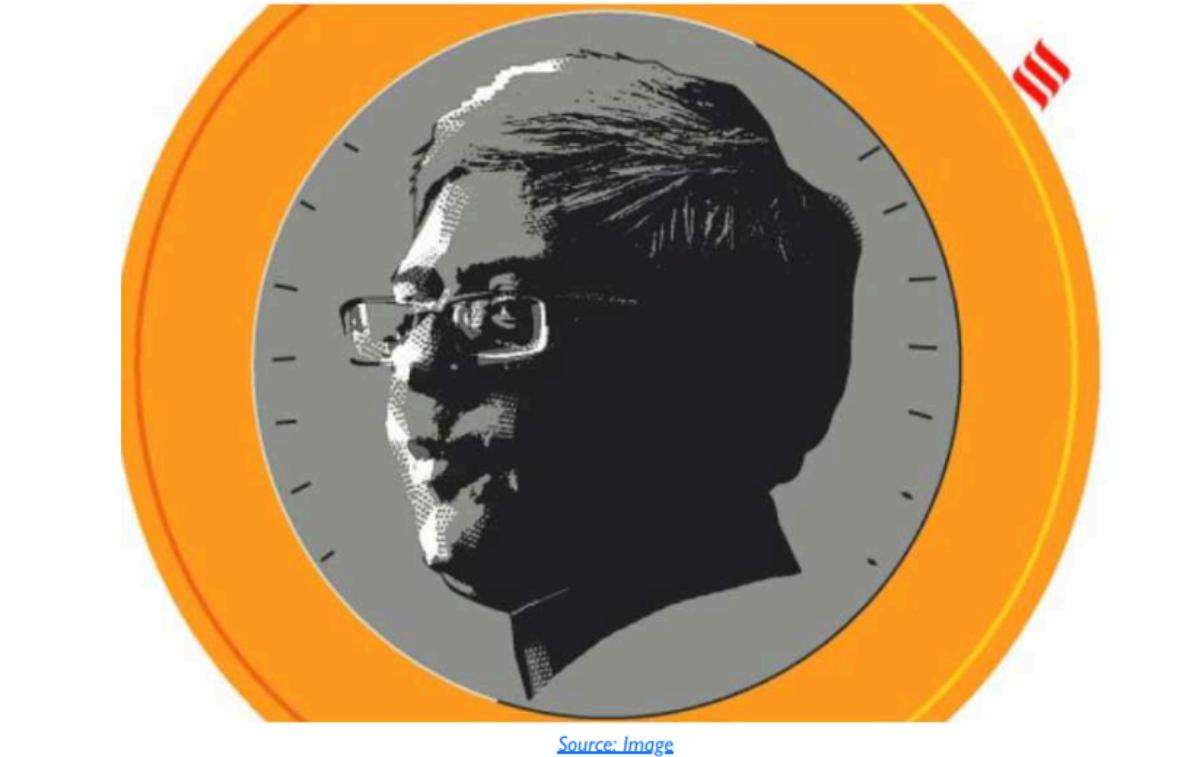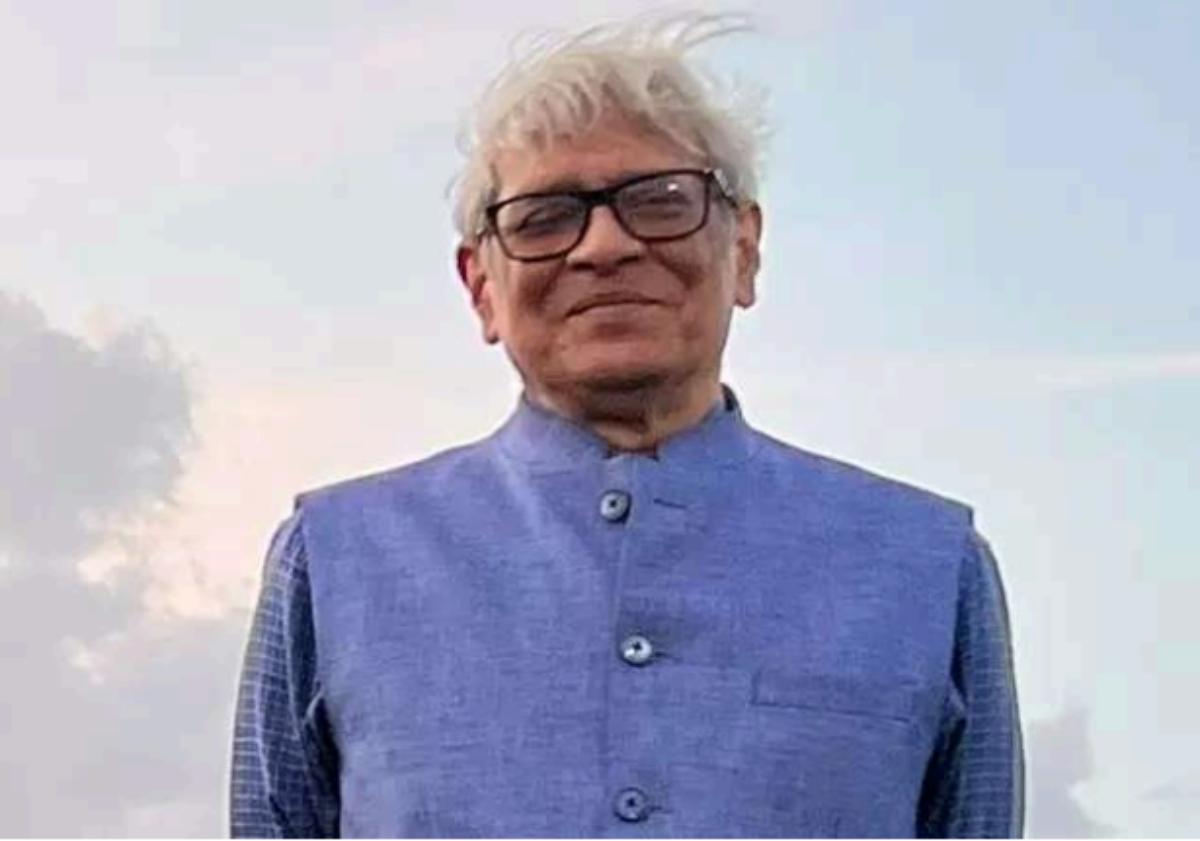A webinar on Restoring India-Nepal Relations: What Steps to Take as a part of Neighbourhood First Series was organized by India International Centre on Monday, 28th September 2020. Speakers were Amb. Bekh Bahadur Thapa, former Ambassador of Nepal to India, and Amb. Ranjit Rae, former Indian Ambassador to Nepal. It was moderated by Maj. Gen. (Retd.) Ashok K. Mehta.
Dr Somnath Ghosh attended the webinar on behalf of of RGICS. The following is a record of webinar proceedings as noted by him:
Gen Mehta welcomed the panelists and introduced them to the audience. He noted that Amb Thapa was not only a former ambassador of Nepal to India but has also Nepal’s ambassador to United States. Since Amb Thapa also served as the foreign minister and finance minister of Nepal, Gen Mehta hoped Amb Thapa would also bring a political perspective to the discussion.
Thereafter, gen Mehta opened the discussion by observing that since 2015 our relationship has deteriorated. He flagged three developments: growth of Nepalese nationalism, unprecedented majority by leftist party, and an increase in anti-India feeling. He then invited Amb Thapa to share his views.
Amb Thapa opened his remarks by expressing sadness at the death of Jaswant Singh with whom he shared a warm professional and personal relationship. He said that given Jaswant Singh’s scholarship and sagacity, there were lots of exchange of ideas on defence, finance and bilateral relations. Thereafter, Amb Thapa observed that the first thing about India-Nepal relations was the need to “switch off the mute button”. He said no two countries have been as close and also at odds as India and Nepal; there have been ups and downs in the relationship. He recalled that in 1964 when Prime Minister Lal Bahadur Shastri visited Nepal, he had a two-hour meeting with the King, and the outcome was very positive. He also mentioned that during IK Gujral’s time, “every difficult issue was discussed” with the objective to “minimize differences, maximize cooperation”. But he observed that after Gujral, foreign secretaries (of the two countries) never met to review the 1951 agreement. Later, during Vajpayee’s tenure, the relationship was also good. And when Prime Minister Modi visited Nepal, he charmed every Nepalese. But, “lo and behold, there was soon a blockade”.
Amb Thapa went on define the current state of Nepal. There was lot of insecurity. There was also a sense of confusion at the changes from monarchy, to constitutional monarchy and then to parliamentary democracy: “where (do) we stand today? There’s a feeling of numbness”. With respect to India-Nepal relations, there’s uneasiness due to lack of dialogue; though people to people engagement is there.
Gen Mehta then invited Amb Rae to respond as well share his views.
Amb Rae began by acknowledging that “relations are at all-time low”. But he disagreed with Amb Thapa on people to people relationship. He said there’s resentment among Indians due to many statements (made by important people in Nepal). Media has also played a “high decibel role”, as if Nepal is like Pakistan. He further said, on the boundary issue some initiative was taken by Govt. of India, but did not succeed. He observed, there’s a dilemma here: now a constitutional amendment (in Nepal) reinforces the boundary issue; so how do you go about a dialogue?
There was also the question of timing. There were two aspects to it: first, there’s a boundary problem (that India has) with China; and second, China stands by Nepal regarding India-Nepal border problem. The boundary issue (between India and Nepal) now appears to be a strategic issue, and not just a boundary issue.
But there’s a silver lining, he said, referring to Janakpur railway line. He also said a symbolic gesture was also required in inviting the Army Chiefs of India and Nepal to one another country, as the Army Chief of each country also happened to be the ceremonial Army Chief of the other country. But Amb Rae also emphasized the need for some substantive project. In this connection he mentioned Pancheshwar Multipurpose Project (PMP)- a bi-national hydropower project to be developed in Mahakali River bordering Nepal and India. But he lamented that though six years old, to date “even DPR (detailed project report) not done”.
Gen Mehta then responded to the observations of both ambassadors. He said, India could have done more positively, and maybe averted publication of map (by Nepal). He then referred to Amb Rae’s observation of the reciprocal relationship of the Army Chiefs of both countries, and recalled the Gorkha connection which was “as old as history”. He said one of the “most enduring aspects of (India-Nepal) relationship was the Army Chief of one country was also the Army Chief of the other country. In this connection, Gen Mehta observed that it was “not a wise comment by General Naravane to say that Nepal is doing at the behest of China”. He proceeded to say that the Indian armed forces has always helped Nepal during crises like the air crash of 2015, and the massive earthquake of April 2015, termed Operation Maitri. Similarly, the Indian armed forces helped Nepal to fight Covid. He also referred to joint military exercises, joint seminars and that such initiatives between the armed forces of the two countries “needed to be replicated in the political sphere”.
He then posed a question to Amb Thapa: “Is the power struggle between Oli and Prachanda over?”. To which Amb Thapa replied that the blockade by India “punished the Nepalese people”, and that there’s a “sense of hurt”.
To this, Amb Rae said the restrictions on traffic movement was on account of Madhesi issue. It is their protest that resulted in blockade. He said, India’s stand was that “It is your political problem. Please ease it up”; though it was projected a sIndia’s role rather than Madhesi’s. But maybe, India could have done more.
Gen Mehta then said there was two questions from the audience: (1) “There is Chinese interference in Nepal; yet there’s no protest. Why is this so?” (2) “Is anti-India feeling only in the valley or all over Nepal?”
To this Amb Thapa responded: India-Nepal relations is special like between no two countries. But given China’s superiority in technology, economic might and capacity to implement large projects speedily and effectively, all countries are getting closer to China. Even India’s trade with China is more than it is with Nepal. But he thought Chinese involvement (in Nepal) will increase. For example, there are more Chinese flights to Nepal than from India. He appealed people not to play one country against another. To this both Gen Mehta and Amb Rae agreed that media in both countries have played the villain’s role.
Amb Thapa ended by saying that Nepal is moving towards a consensual style of functioning; but for one vote, every party supported the government on the boundary map issue.
Gen Mehta rounded up the discussion by pointing out the need for person-to-person contacts and in this direction the “positive development” of the formation of Eminent Persons’ Group of which Amb Thapa was a member. Amb Thapa said that he was both happy and fortunate to play such a role especially at concluding part of his career.

